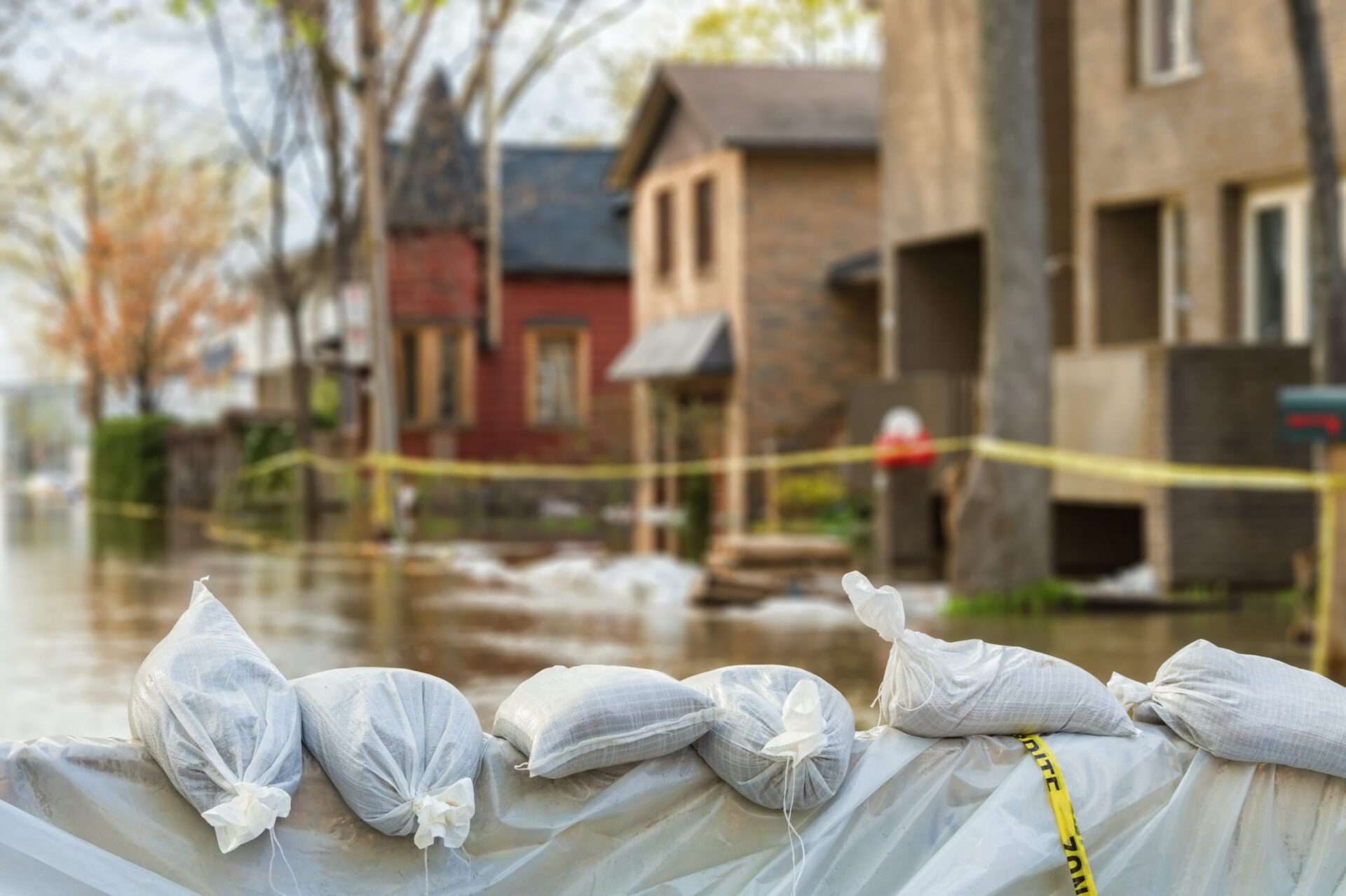More than 14.5 million single- and multifamily homes were impacted by natural disasters in 2021, causing an estimated $56.92 billion in property damage, according to CoreLogic’s 2021 Climate Change Catastrophe report.
The report analyzed thirteen “major hazard events” of 2021– including hurricanes, tornados, wildfires, and winter storms– and 120 million residential structures in the U.S. The findings show significant damage to residential properties and increased economic instability in impacted areas. For example, damage from Hurricane Ida in Houma, Louisiana, resulted in delinquency rates rising from 7.4% before the storm to 13.3% the following month.
“By leveraging granular data for the increasing frequency and severity of catastrophes, we are able to see that more than 14.5 million homes were impacted to some degree by natural hazards in 2021. That’s about 1 in every 10 homes in the United States,” said Tom Larsen, CoreLogic’s principal, Industry Solutions.
“Insurers and lenders can leverage the latest technologies and work cross-functionally to better understand this risk, protect homeowners and enable faster recovery times.”
Homebuyers are increasingly concerned about climate-related risk when deciding where to buy a home. A Realtor.com survey found that more than 3 in 4 recent buyers took natural disasters into account when choosing the locations of their homes.
Current homeowners in high-risk areas are beginning to face climate-related economic challenges. In Louisiana, changes to National Flood Insurance Program are expected to produce phased-in increases of more than 129% for around half of policyholders.
Kim Callaway, director of legal and governmental affairs for the Louisiana Realtors Association, told The Advocate there is real fear that insurance premiums might lead to unsellable homes and foreclosures.
“It’s not Florida, it’s not California, it’s not the East Coast. People living on the coast, it’s not vacation homes,” Callaway said. “It’s people who work at plants, it’s people who work for railroads. It’s fishermen, it’s shrimpers.”
Mortgage professionals have also taken notice.
“The mortgage industry will not be spared by the growing impact climate change is having on the environment, governments, and individuals,” Sean Becketti, author of a Mortgage Bankers Association report on climate risk, said.
“Climate mitigation efforts are necessary to slow the adverse effects of global warming, and better and more standardized predictors of environmental risks are needed to make housing and housing finance more resilient.”
